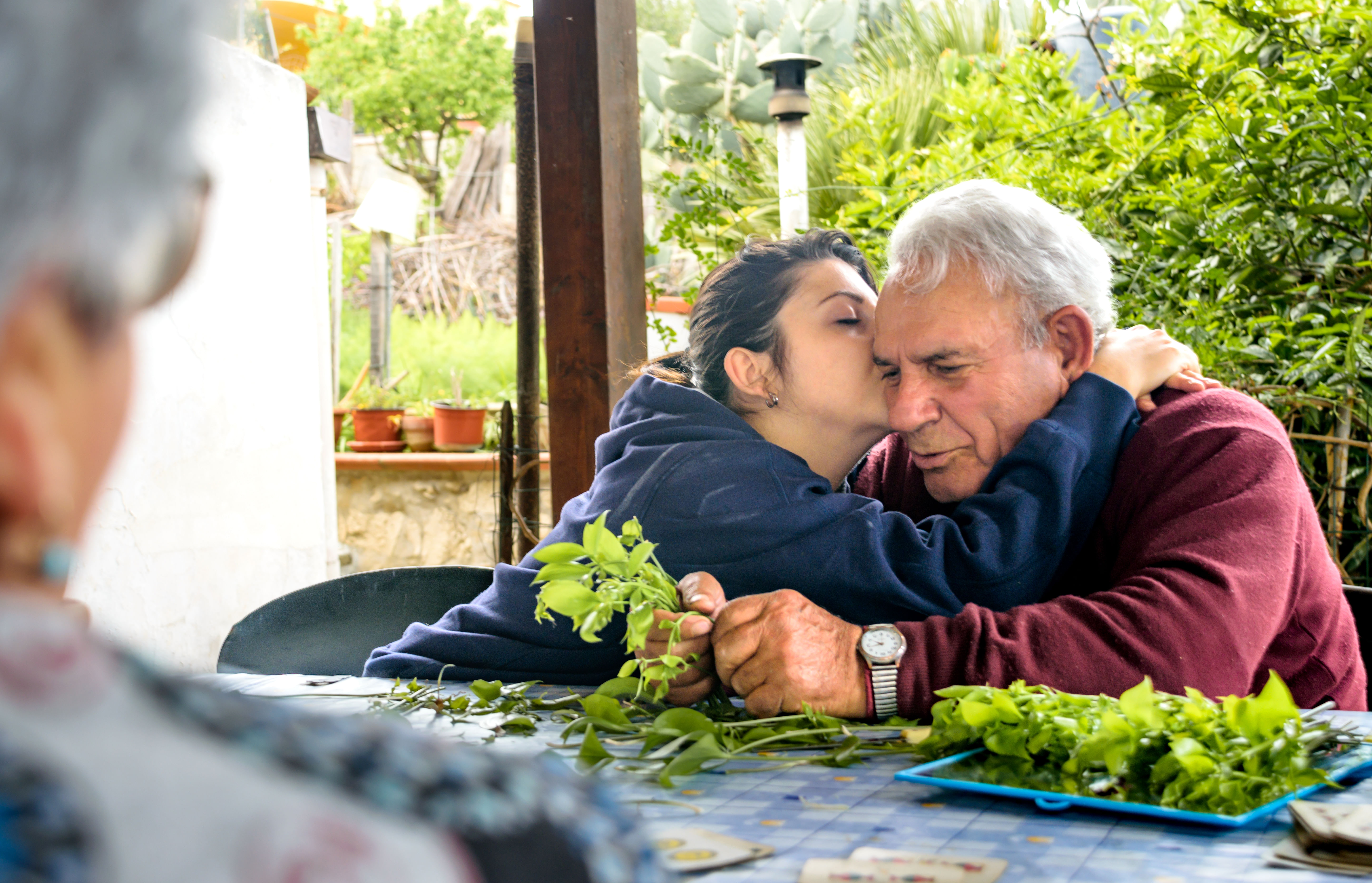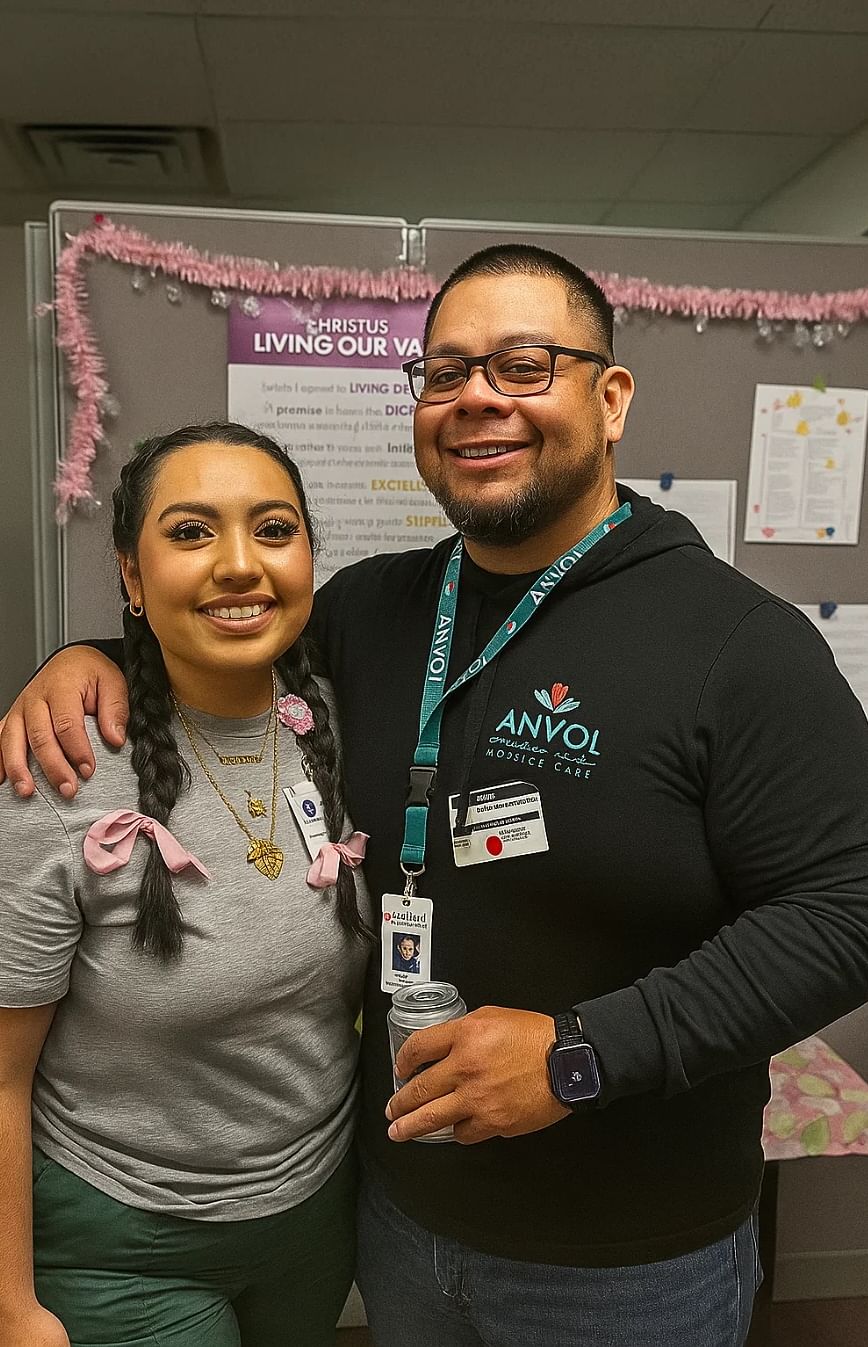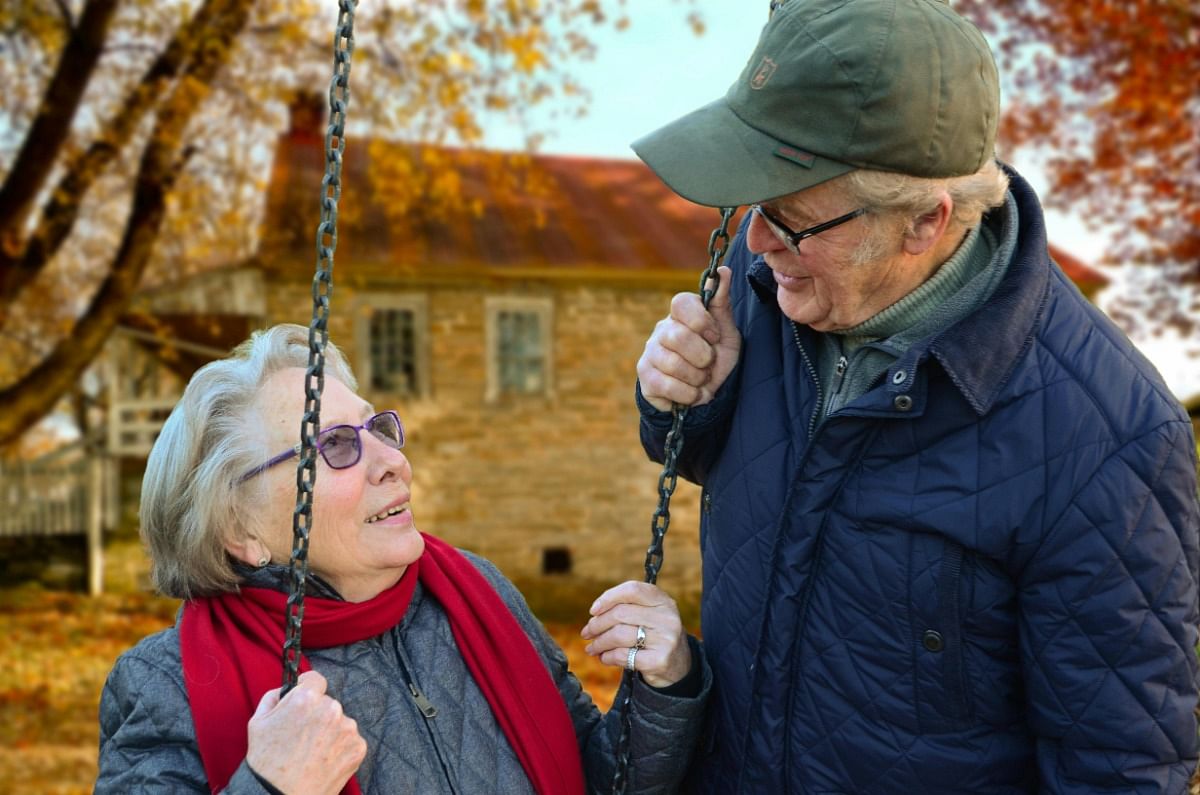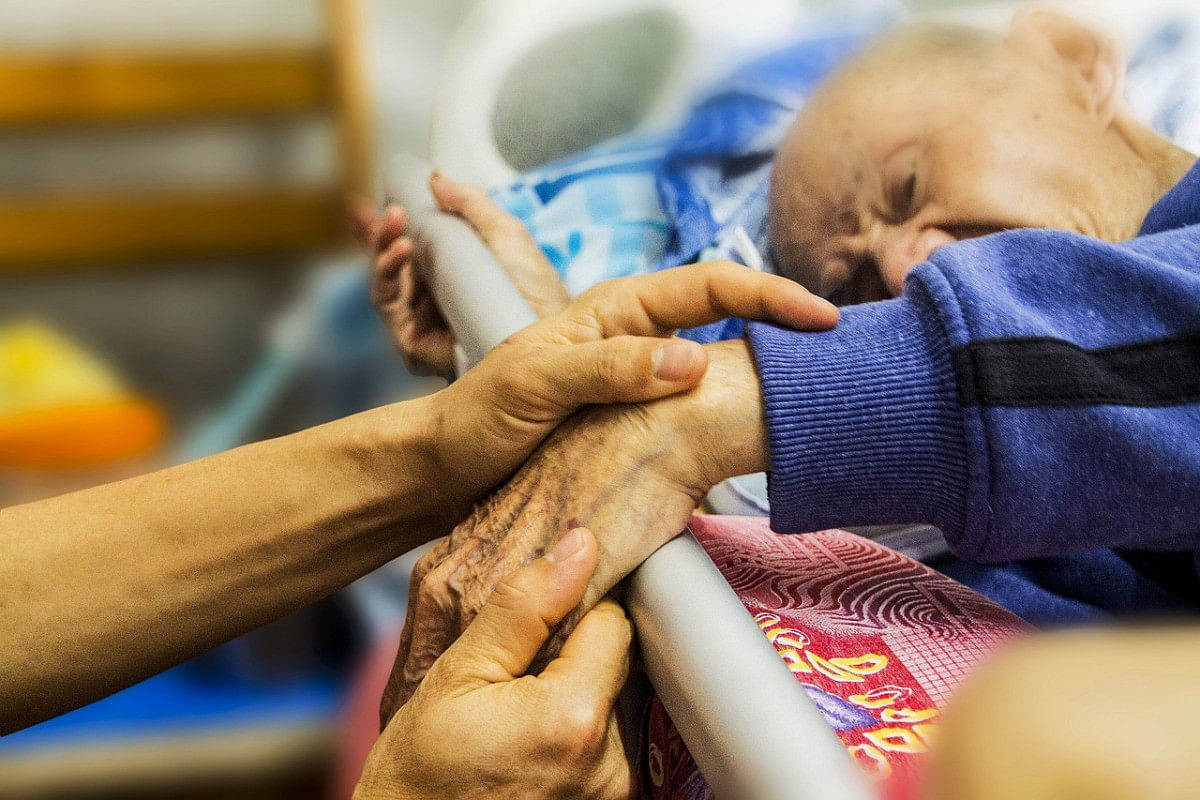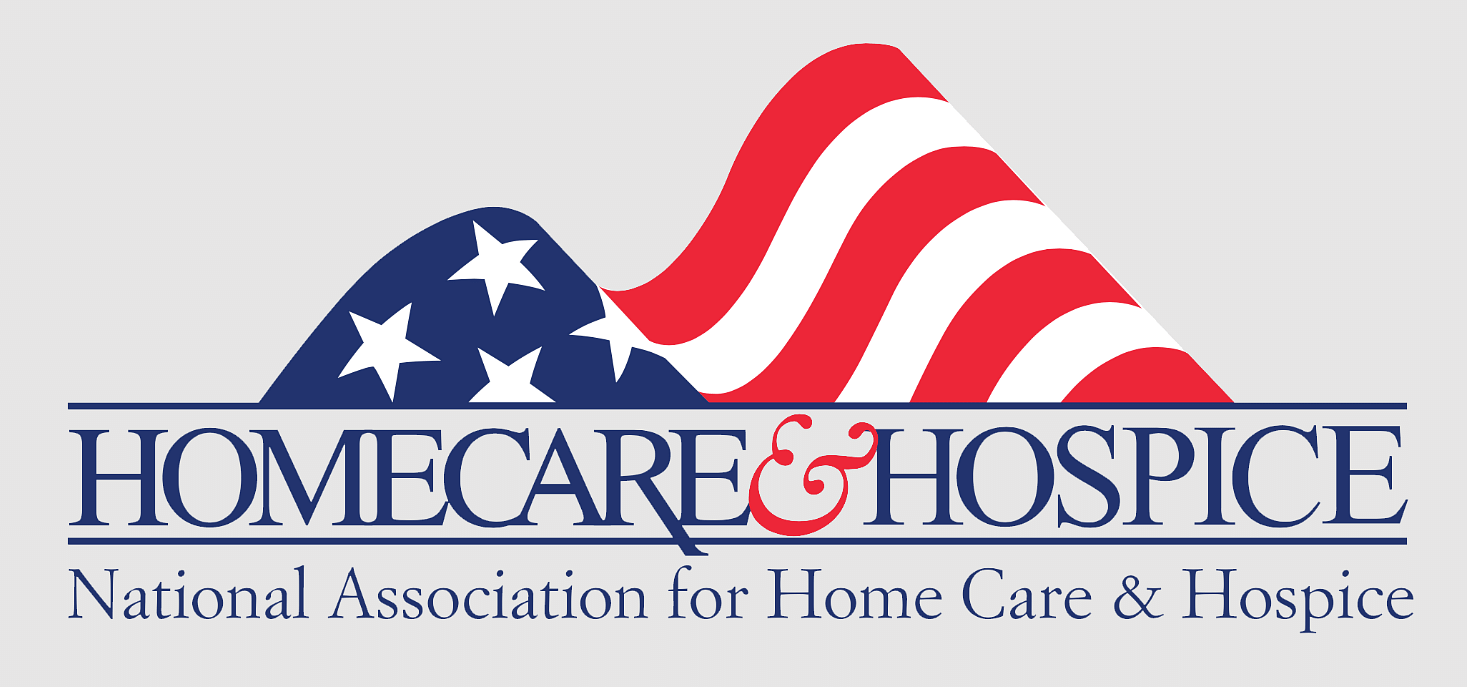Hospice in Albuquerque
What Hospice Care Means for Your Family
Hospice care focuses on what matters most to the patient, which often includes staying in familiar surroundings and maintaining meaningful routines. Nurses, aides, social workers, and chaplains work in concert to relieve pain, manage symptoms, and address emotional or spiritual needs that may surface. Families appreciate that this model respects personal beliefs while offering practical help they can use right away.
Care does not stop at the bedside. Education for caregivers, medication coordination, equipment delivery, and regular check-ins are coordinated to reduce stress and prevent crises. Small improvements add up quickly when the plan is consistent, and loved ones can focus on connection rather than logistics.
